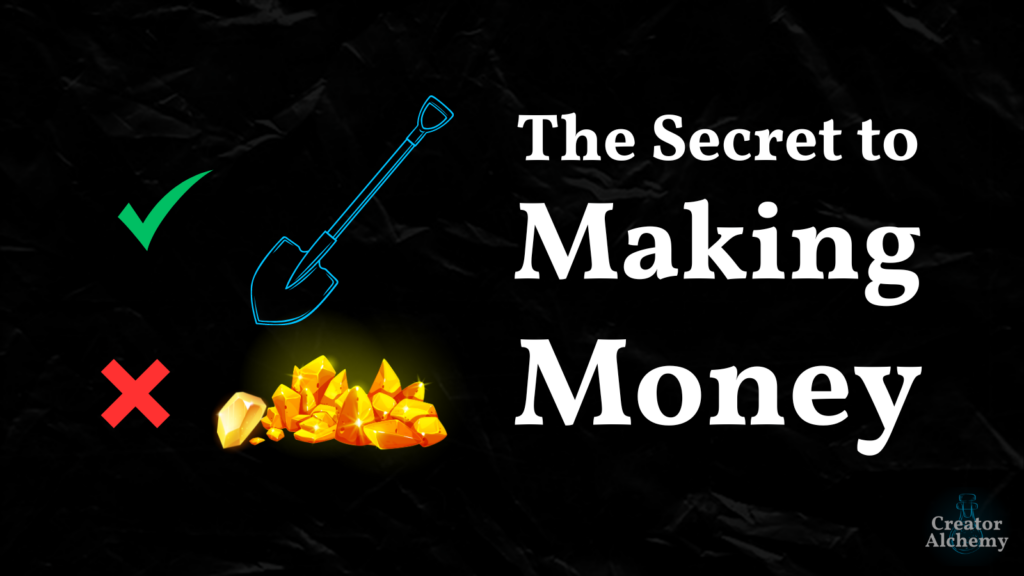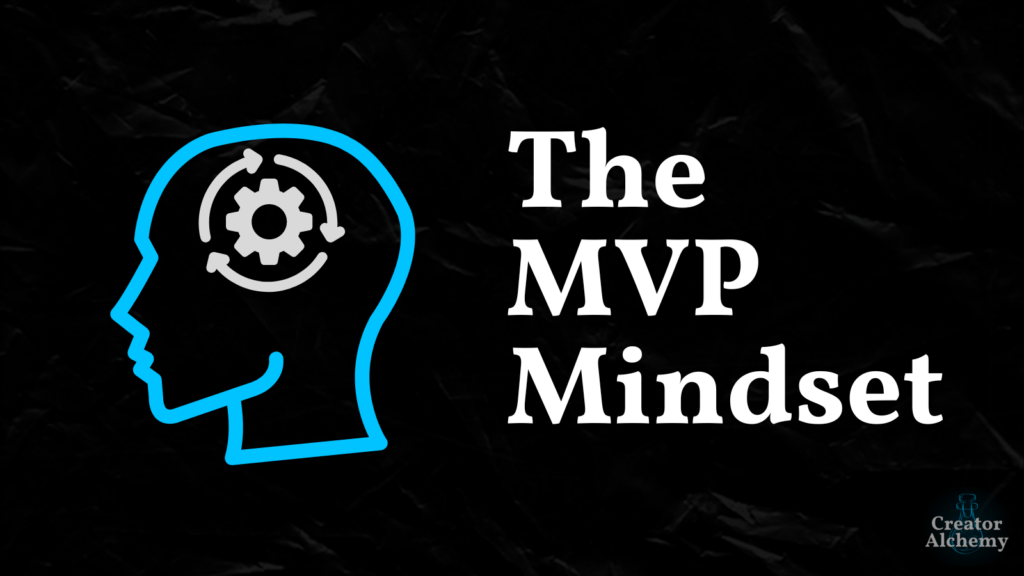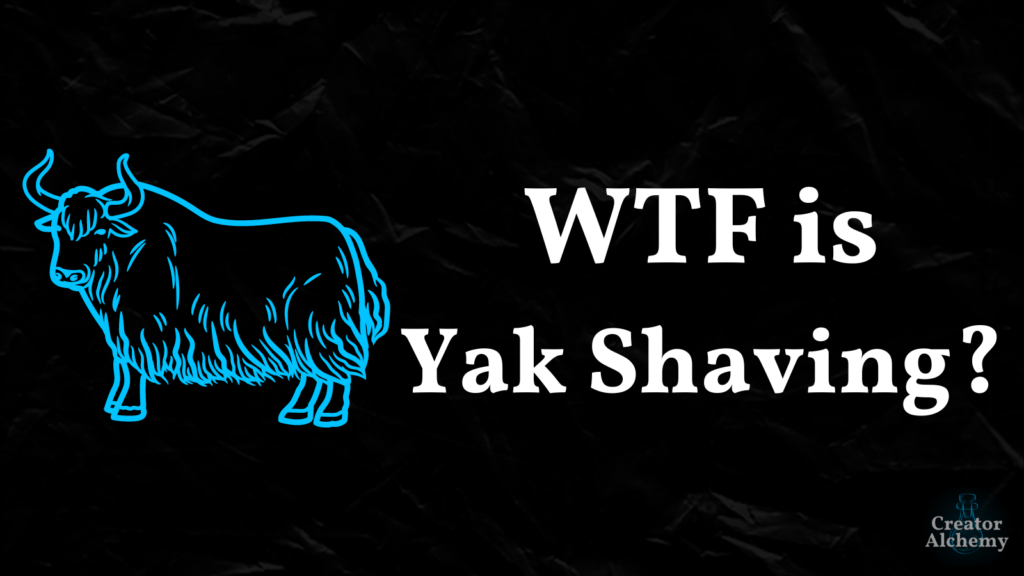In psychology, we say “past behavior predicts future behavior.” You can apply this to your own life by doing a Year-End Review instead of wasting your time creating elaborate New Years Resolutions you’ll abandon in 3 weeks.
If you want to know how to do a year-end review to set yourself up for success, ask yourself these questions:
- What were my goals this past year?
- What progress did I make on them?
- What obstacles did I face and how did I deal with them?
- What lessons from this past year am I going to use to set myself up for success in the coming year?
Answer these first, then move on to the next part:
- What are my top 1-3 values that guide my life?
- What are my top 1-3 strengths that help me overcome obstacles?
- What is 1 (only 1) goal that, if I achieve it, will dramatically improve my life?
This next part is crucial for gaining clarity:
- How will I leverage my strengths to accomplish my goal and live a life aligned with my values?
When you can answer this last question, you’ll have clarity on what mindset and habits you need to develop to create a better life.
To get you started, here’s what mine looks like:
•••
My Goals This Past Year
Create a website and use my expertise in optimizing human behavior to write articles that help people improve their lives.
•••
Progress Made And Obstacles Overcome
Designing a website and starting a business on my own took way more time and effort than I anticipated, so it pushed back my timeline to start my own website. So I wrote on Medium for several months, which helped me get over the anxiety and perfectionism of writing.
I wasted money and time buying shit I didn’t need to build a website—I got caught up in form instead of function. I bought logos, looked at trademarking unproven IP, and tried to do too much at once—Youtube, podcast, writing a book, starting a blog, etc.
Then I paired everything down. Shout out to The Lean Startup and The 4-Hour Workweek for getting me into the right headspace to start a business by starting small, focusing on my strengths, and iterating.
During all this, I used money from my job as a psychologist to buy equipment (website hosting, books, etc.). Over the summer, I moved but stayed with the company by doing telehealth therapy. A few months later, they fired me…during a pandemic…doing telehealth to people who were in desperate need of therapy services and who were impoverished and at greater risk for getting COVID…even though I was a model employee by every metric. Why? Because “there were too many issues with telehealth.” I thought I had job security—I had a doctorate, I was a specialist, I got great reviews and patient feedback, and every major health organization was pushing for more telehealth therapy.
I learned a hard lesson: job security is a myth.
I wasn’t upset about losing my job. I was upset about losing a paycheck and health insurance. I knew I was burnt out—I was just hoping for more time to save money. I was forced to shorten my timeline and stop making excuses for why I didn’t have my website up.
I admitted to myself that I didn’t want to keep doing therapy. It’s too restrictive, and I’m oppositional—hence why this website is dedicated to helping rebels. Most people can’t afford therapy, so insurance companies dictate how therapy goes. They only pay for certain diagnoses. So once you’re subclinical, aka “normal,” insurance stops paying. So as a therapist, I’m only allowed to help people survive—to barely keep their head above water—then I have to fire them. I’m also only allowed to do therapy with someone who is physically in the state I’m licensed in, even though I can be anywhere in the world and do a remote session—which makes zero sense.
So I had to pivot. I had to design a life aligned with my values. But what were my values? What were my strengths?
I started looking at life coaching, even though I hate that term. Coaching is an unregulated field, so quality control is an issue. There are plenty of snake oil salesmen and fake gurus calling themselves life coaches. After a few days of research, I came across a 6-day personal and executive coaching intensive training program by The College of Executive Coaching. Their training is geared toward mental health professionals and other high-level professionals wanting to get into coaching. Their elite training comes with an elite price tag—and I was recently unemployed.
I had a decision to make if I wanted to become a coach: save my money and wing it, or invest in my career.
I chose to invest.
The main difference between coaching and therapy is that therapy is focused on bringing someone from dysfunction to baseline or “normal,” whereas coaching is about taking someone from normal functioning to flourishing. Helping people flourish is my idea of fulfillment, and I spent over a decade learning how to optimize human behavior, so coaching is a perfect fit.
The intensive was amazing—well worth the money. Beyond the coaching skills I learned, the most valuable things I gained were clarity and accountability. I gained clarity on who I wanted to work with and how I could help them:
I empower rebels to revolutionize their lives.
I also gained accountability from having a cohort of like-minded people. After nearly a year of procrastinating and bullshit excuses, my website was live a week after the 6-day intensive ended.
Was it perfect? No. But perfection is the enemy of progress. So I started imperfectly and will continue to iterate—getting a little better each day.
•••
Lessons I’ve Learned
Just start. Don’t focus on the bells and whistles or prematurely optimizing. Just start and iterate as you go. Don’t procrastinate by doing endless research. Find people to help you hold yourself accountable.
I’ve also learned the types of content people find most helpful. Between Medium and my own website, these are the top three articles from this year–all of which are in the Mindset & Insights category:
- Memento Mori: A Lesson On Dying And Doing What You Love
- Writing Advice For Beginners: It’s Okay If You Suck At First
- To A Disciplined Mind, Everything Is Fuel For Your Fire
•••
My Top Value
Freedom.
Freedom from a traditional job. Freedom to take a trip when I want. Freedom to help people improve their lives. Freedom to spend my time how I want. Freedom to financially support my loved ones.
•••
My Top Strengths
Perseverance and Adaptability.
I’m tenacious. I’m not the fastest or the smartest, but I can outlast people. Most businesses or blogs fail because people choose to quit—they don’t get the attention they think they deserve soon enough. I know I’ll start off small for a while. I’m prepared for a marathon, not a sprint. But when I need to pivot, I do.
•••
My Goal For The Coming Year
Continue to build my business and my brand by creating highly valuable content to empower rebels to revolutionize their lives.
•••
Leverage
I will use my perseverance and adaptability to build my business, which will help me achieve freedom.
•••
These are my answers. What are yours?
Share this article with someone you want to help have an amazing new year by going through these questions to gain clarity on their own values, strengths, and goals. Together, we can hold each other accountable to crush our goals in the coming year.



